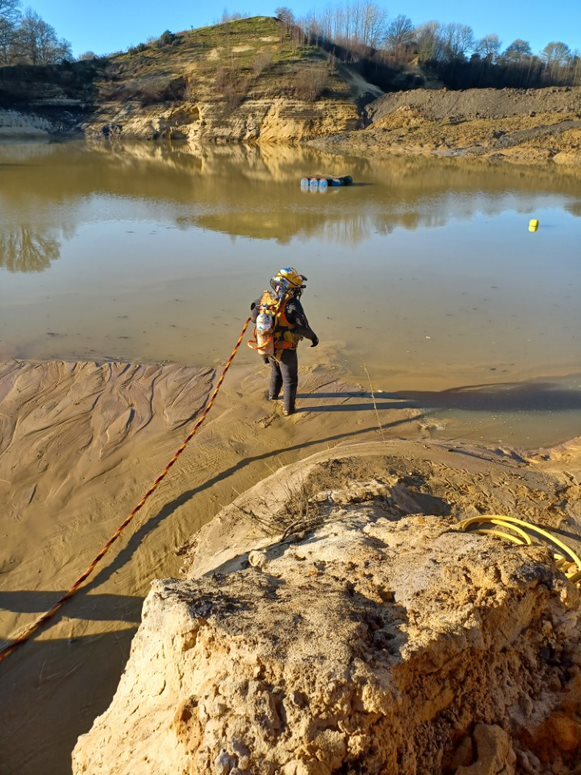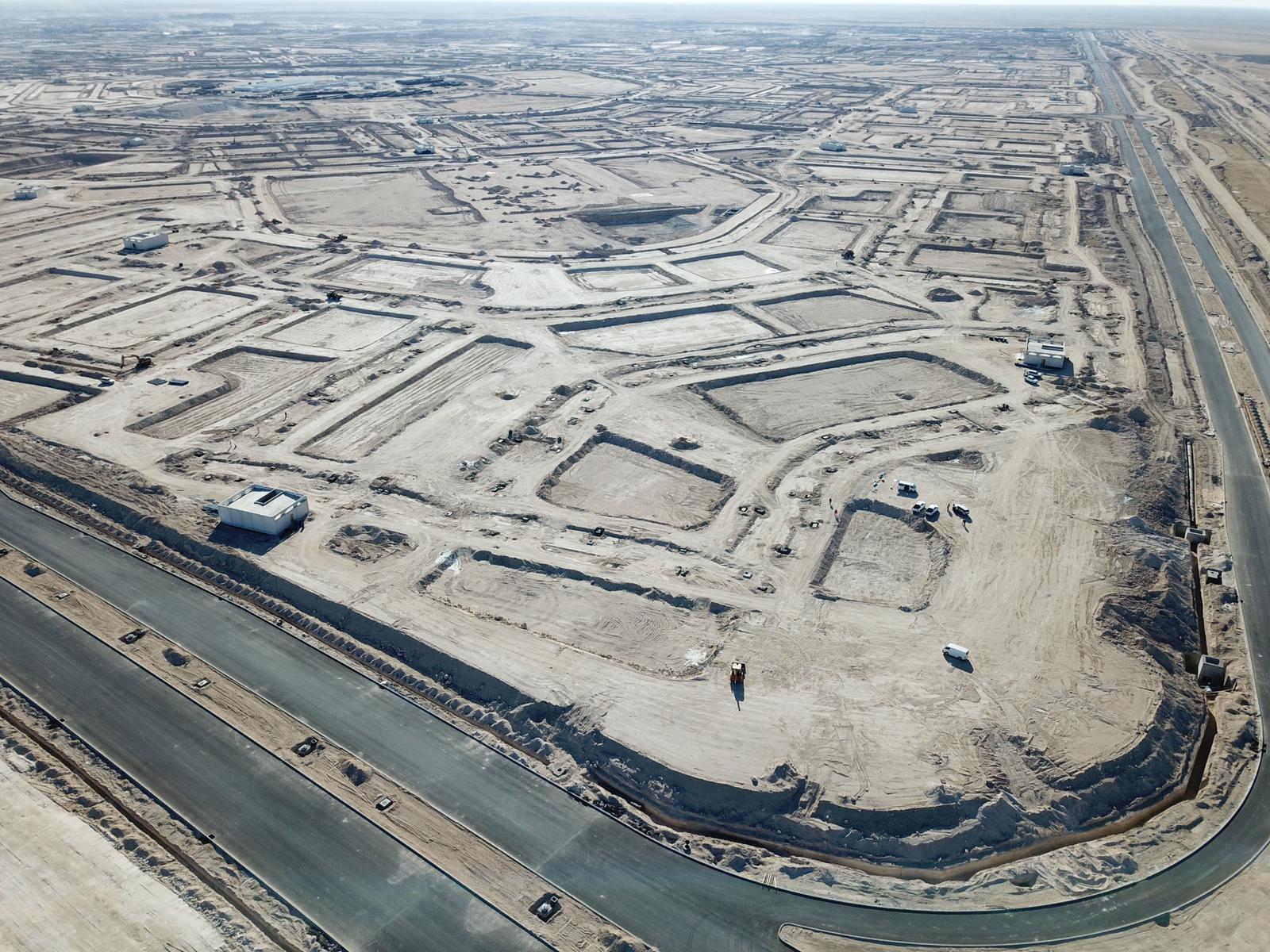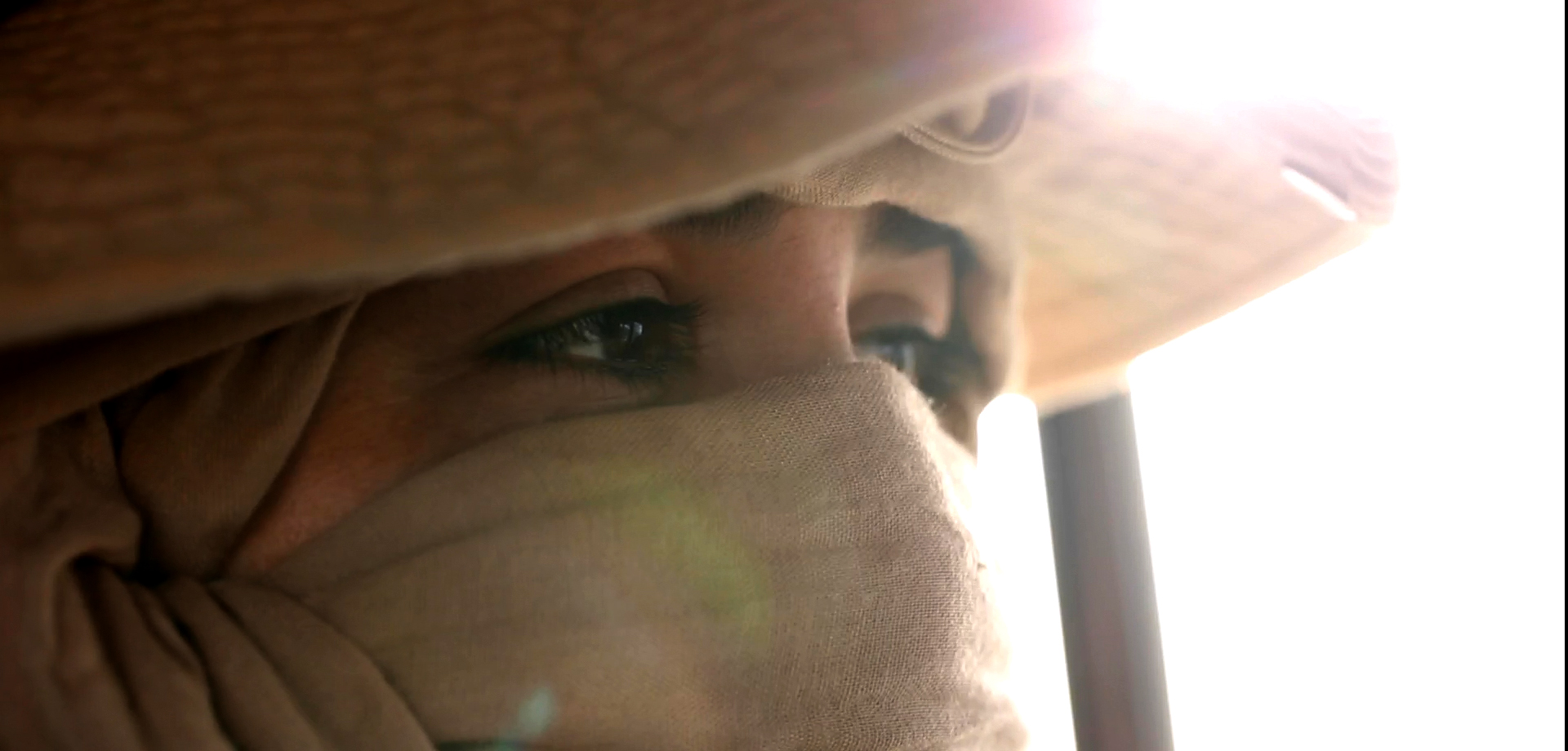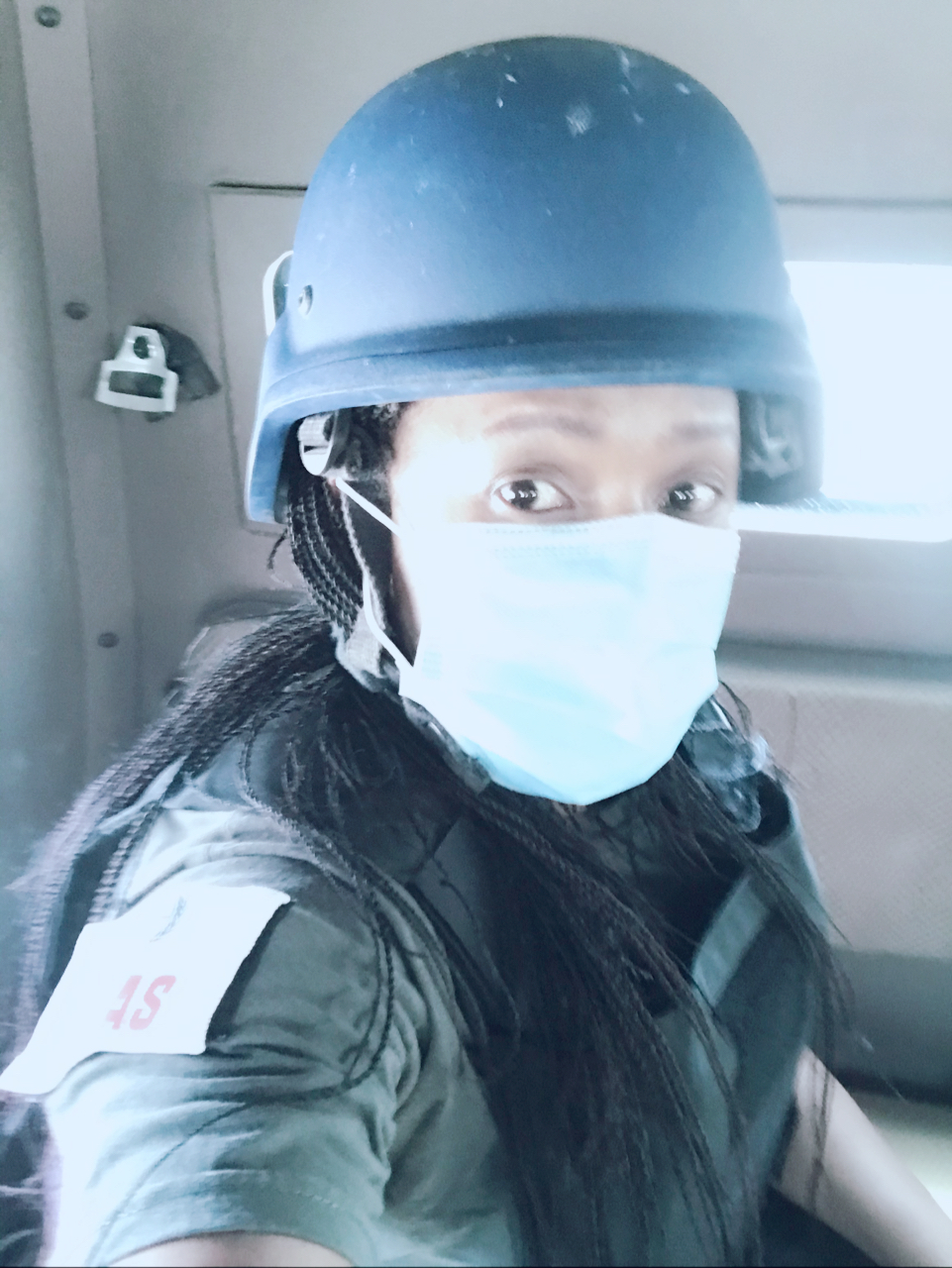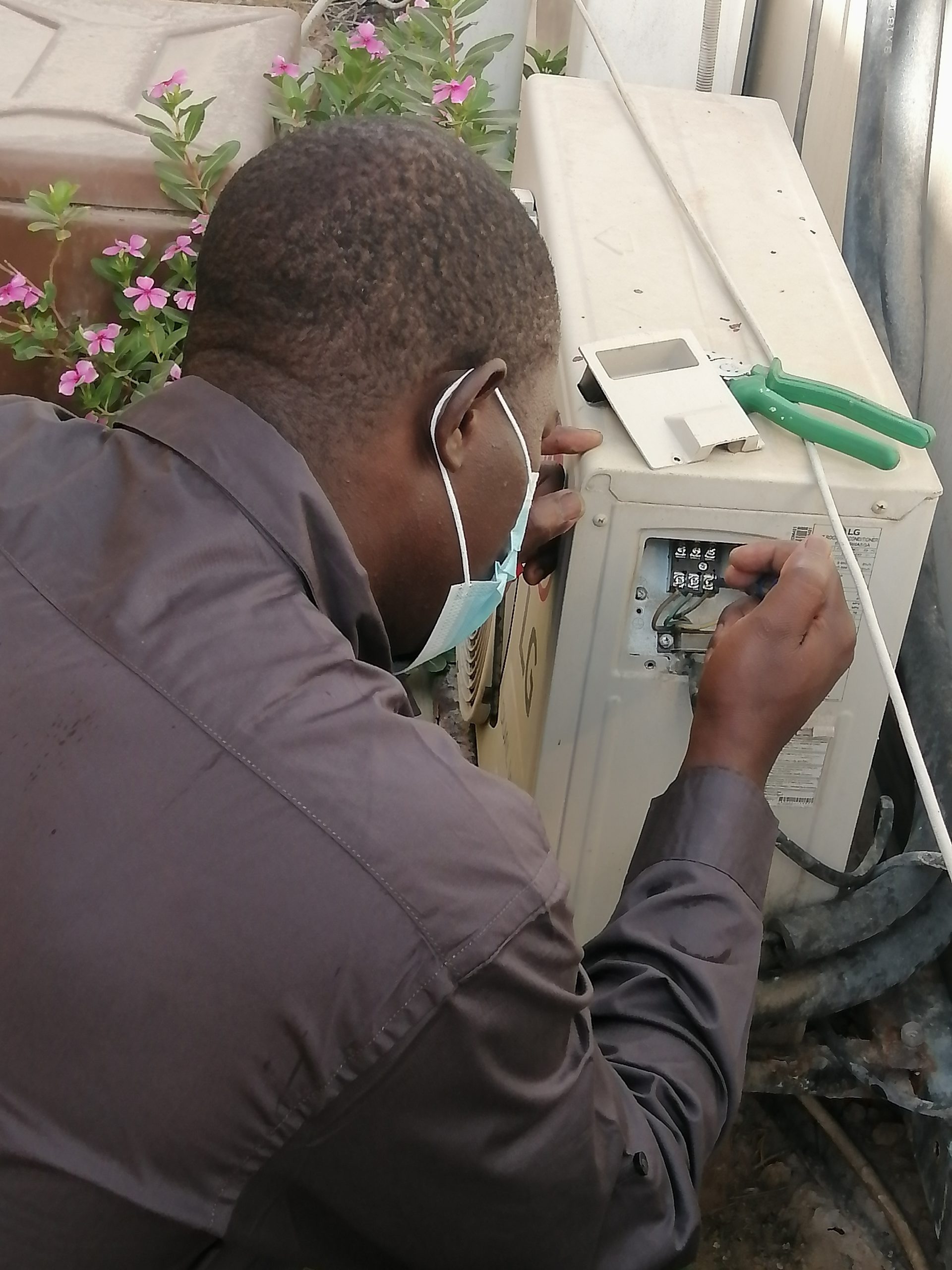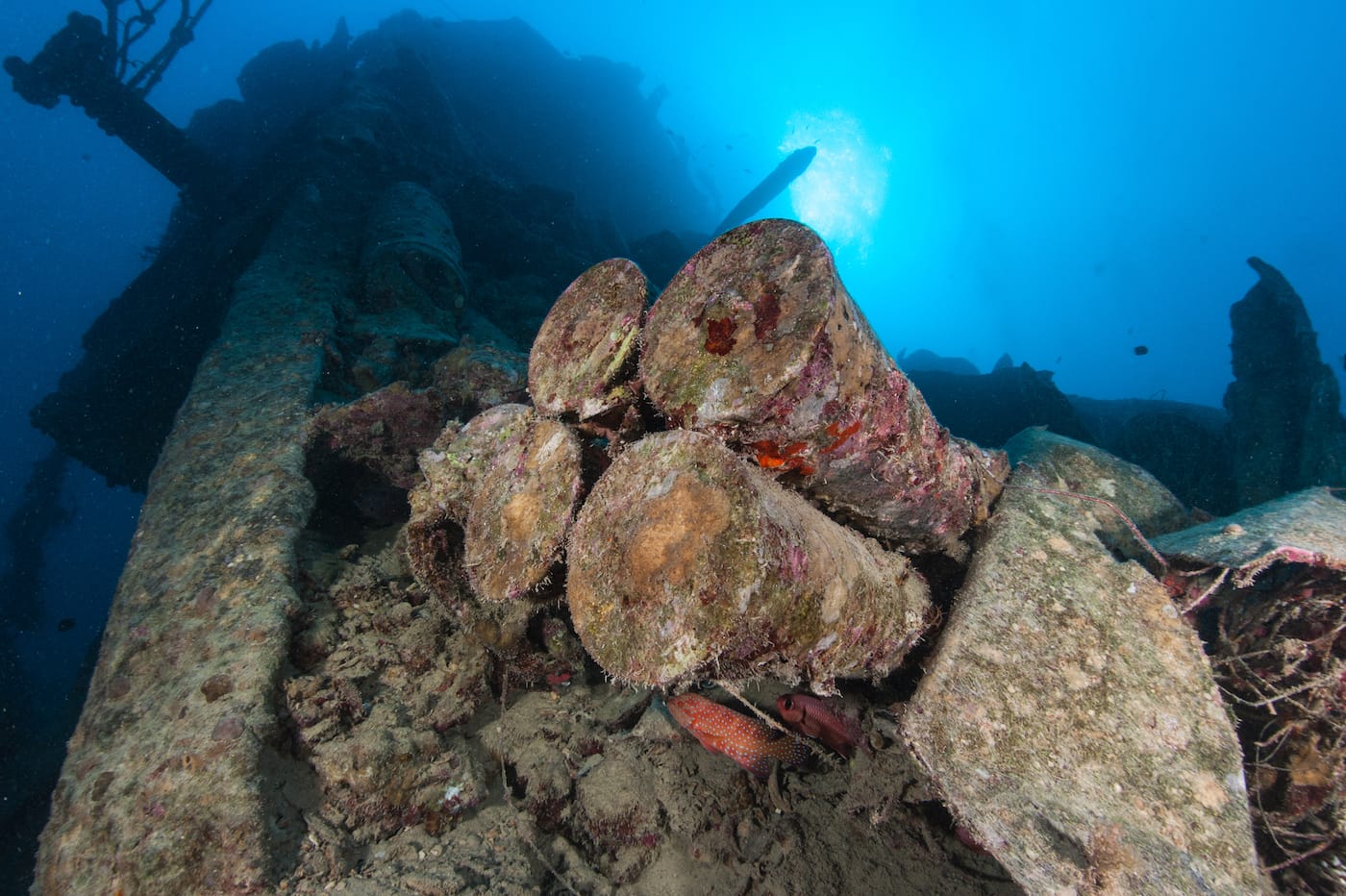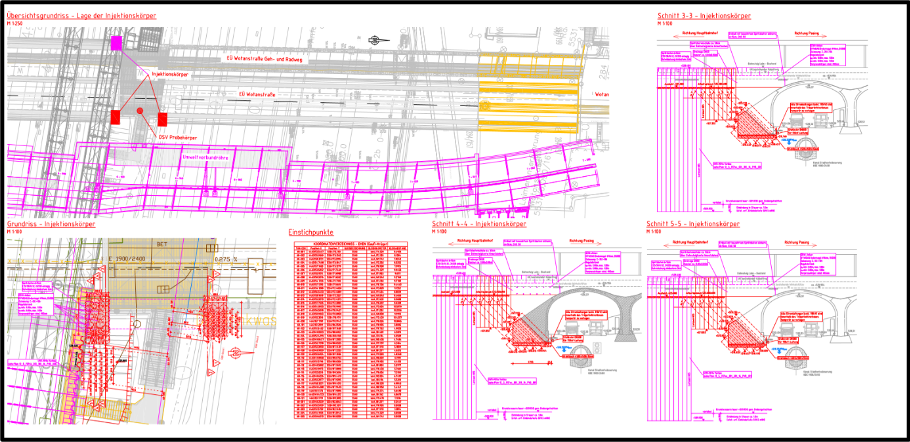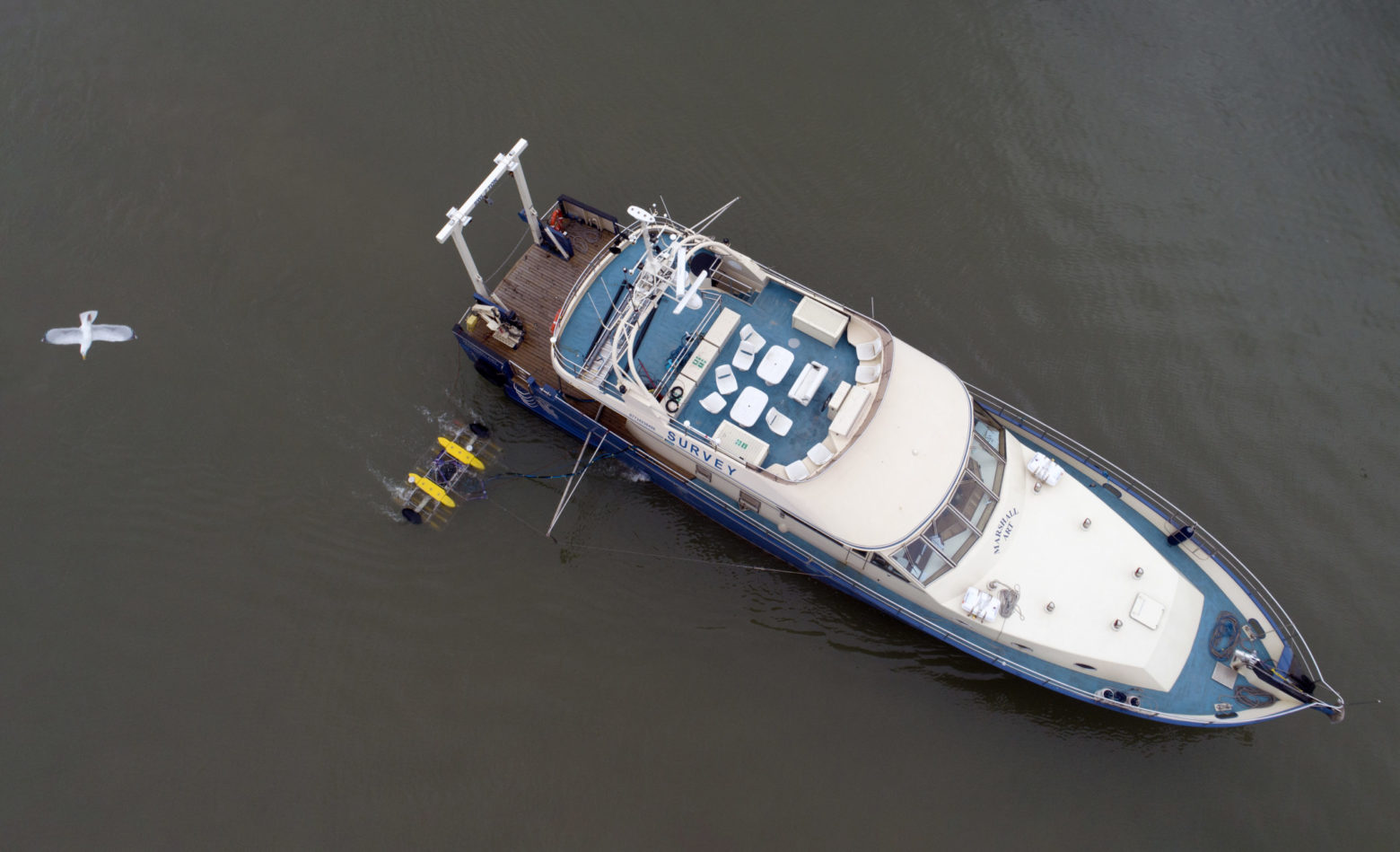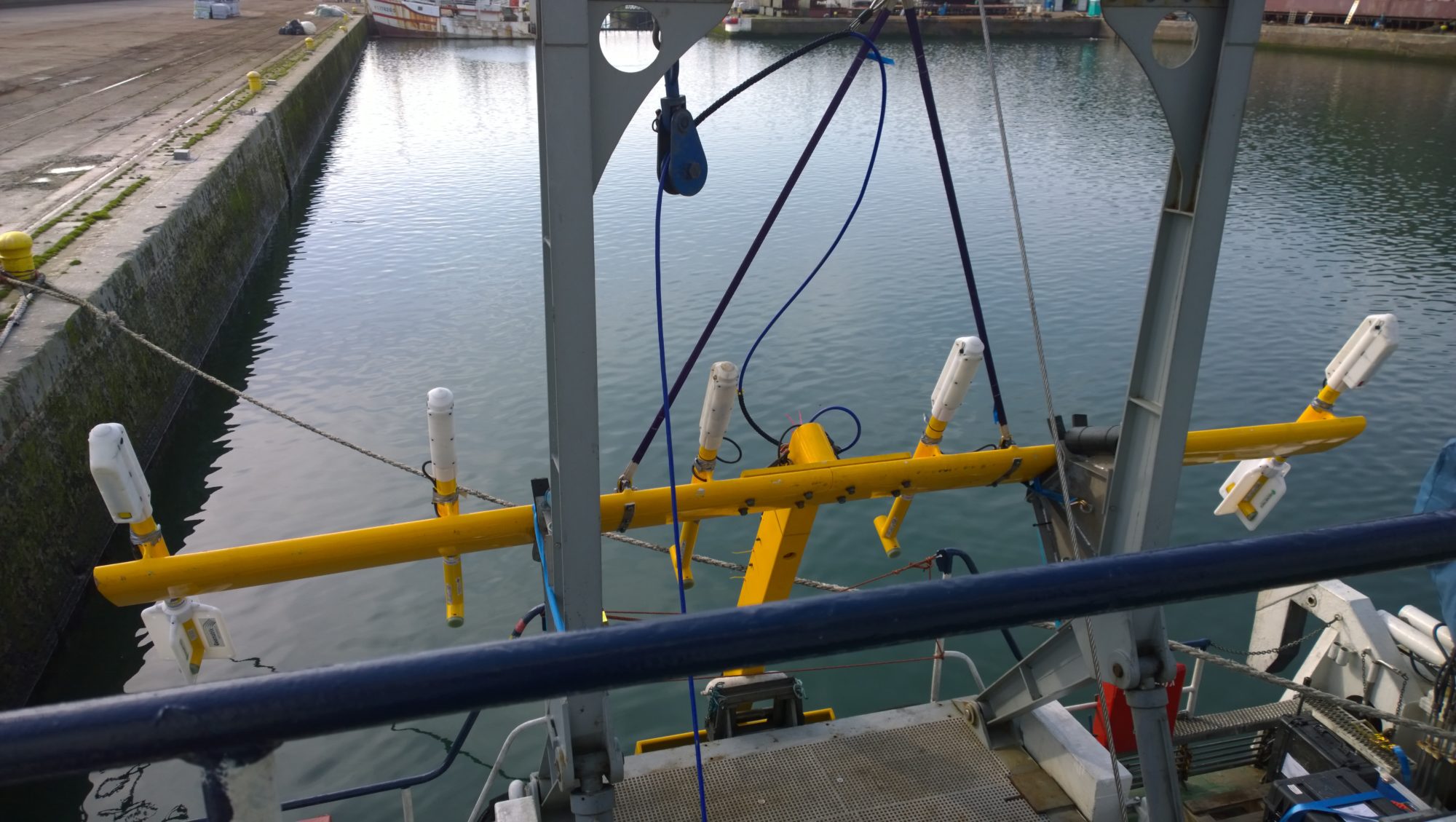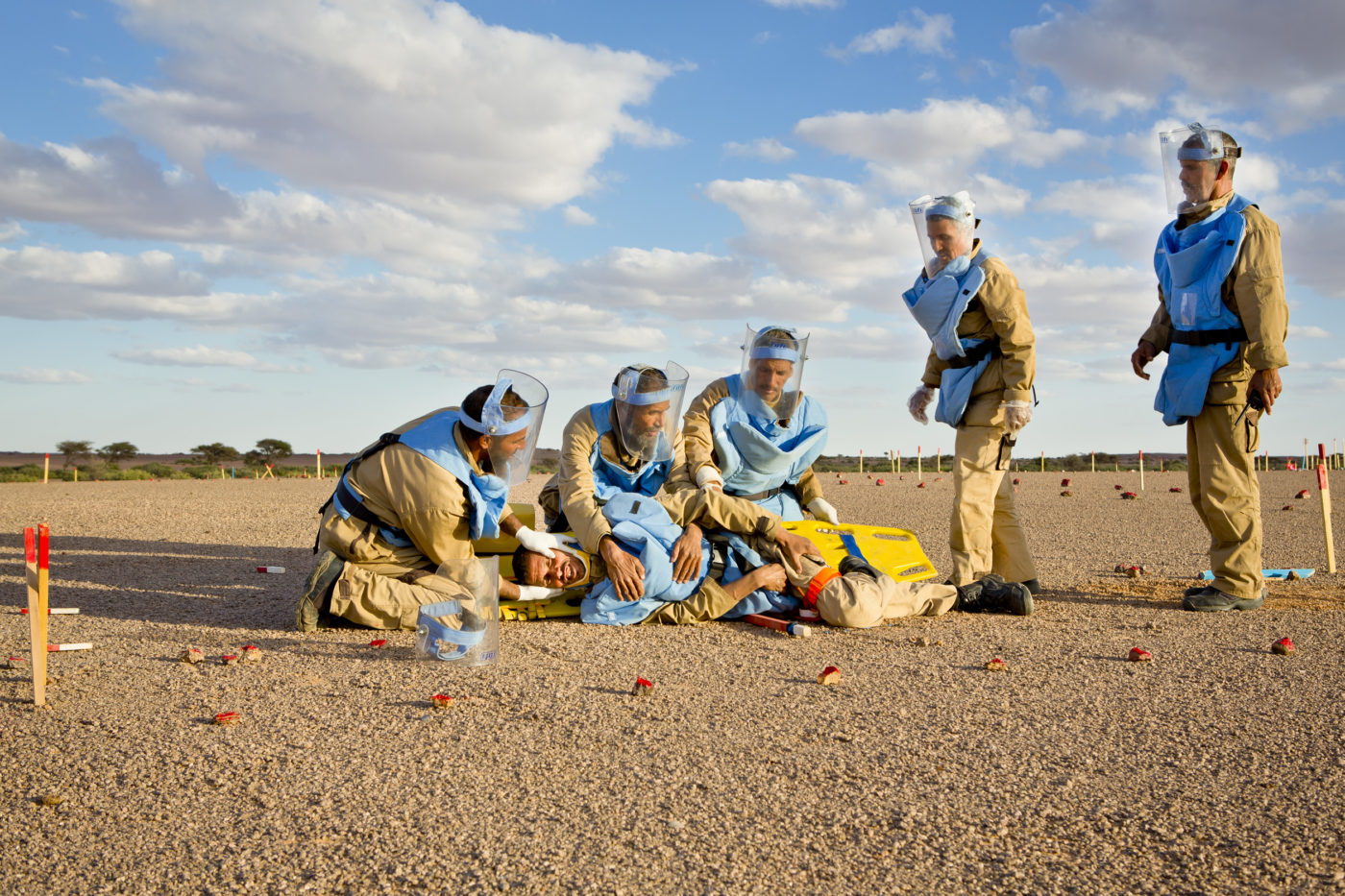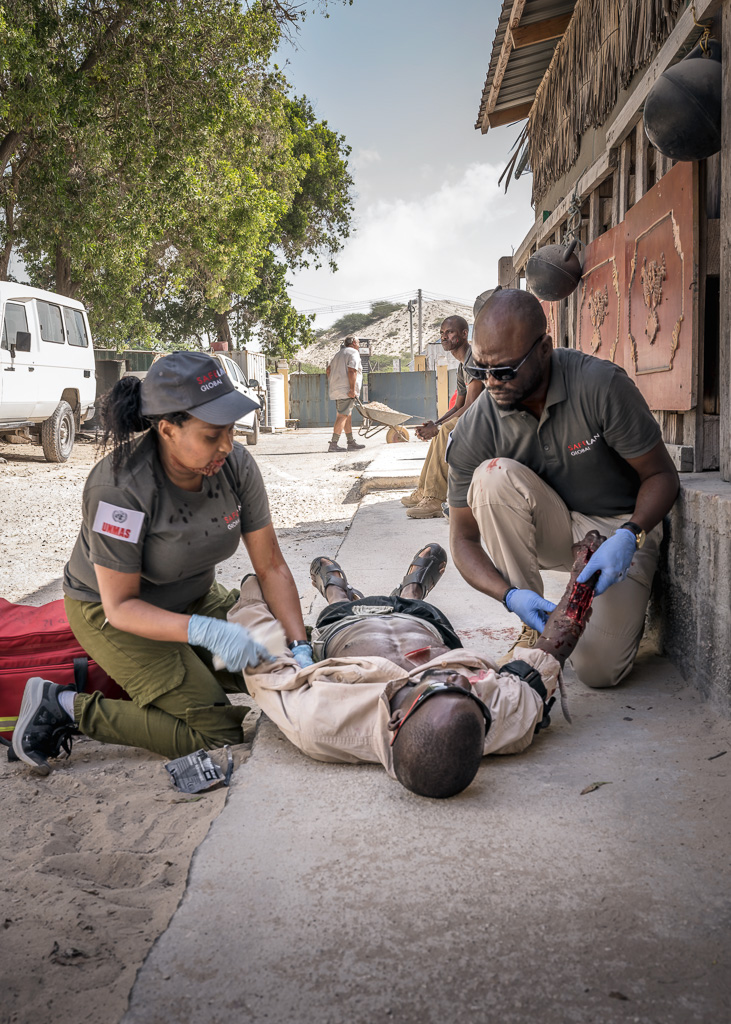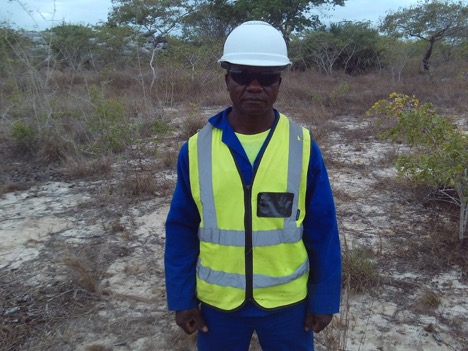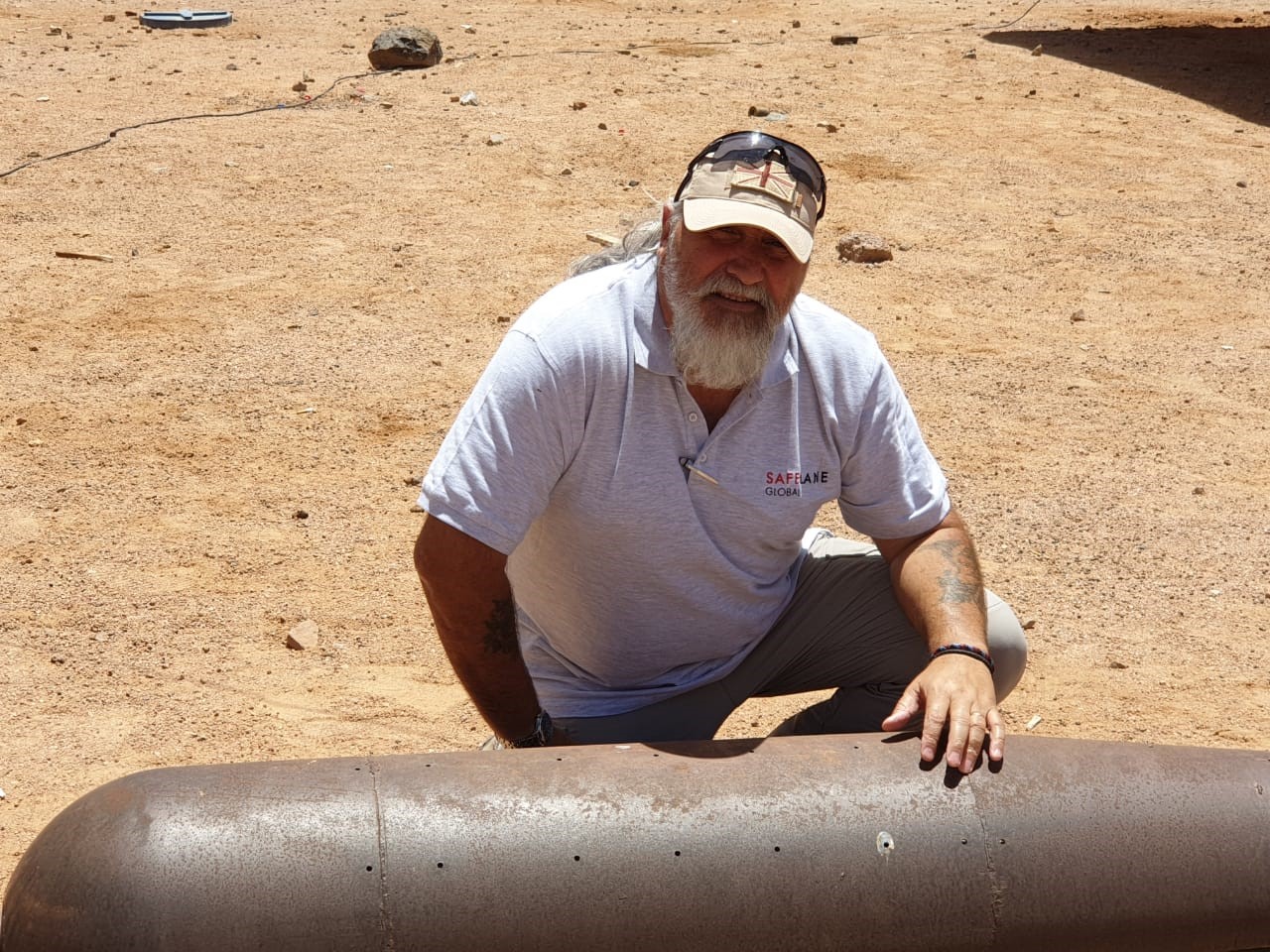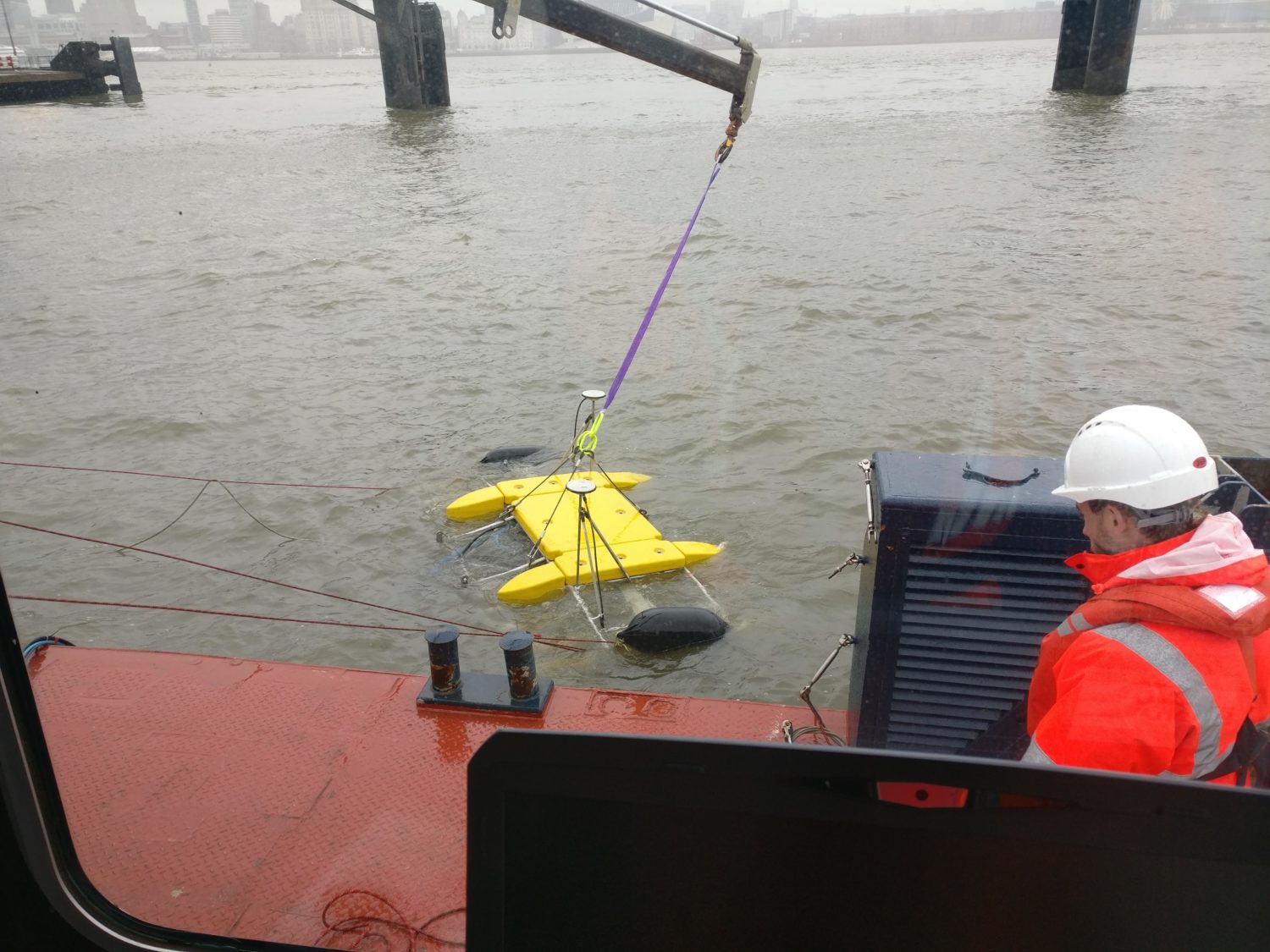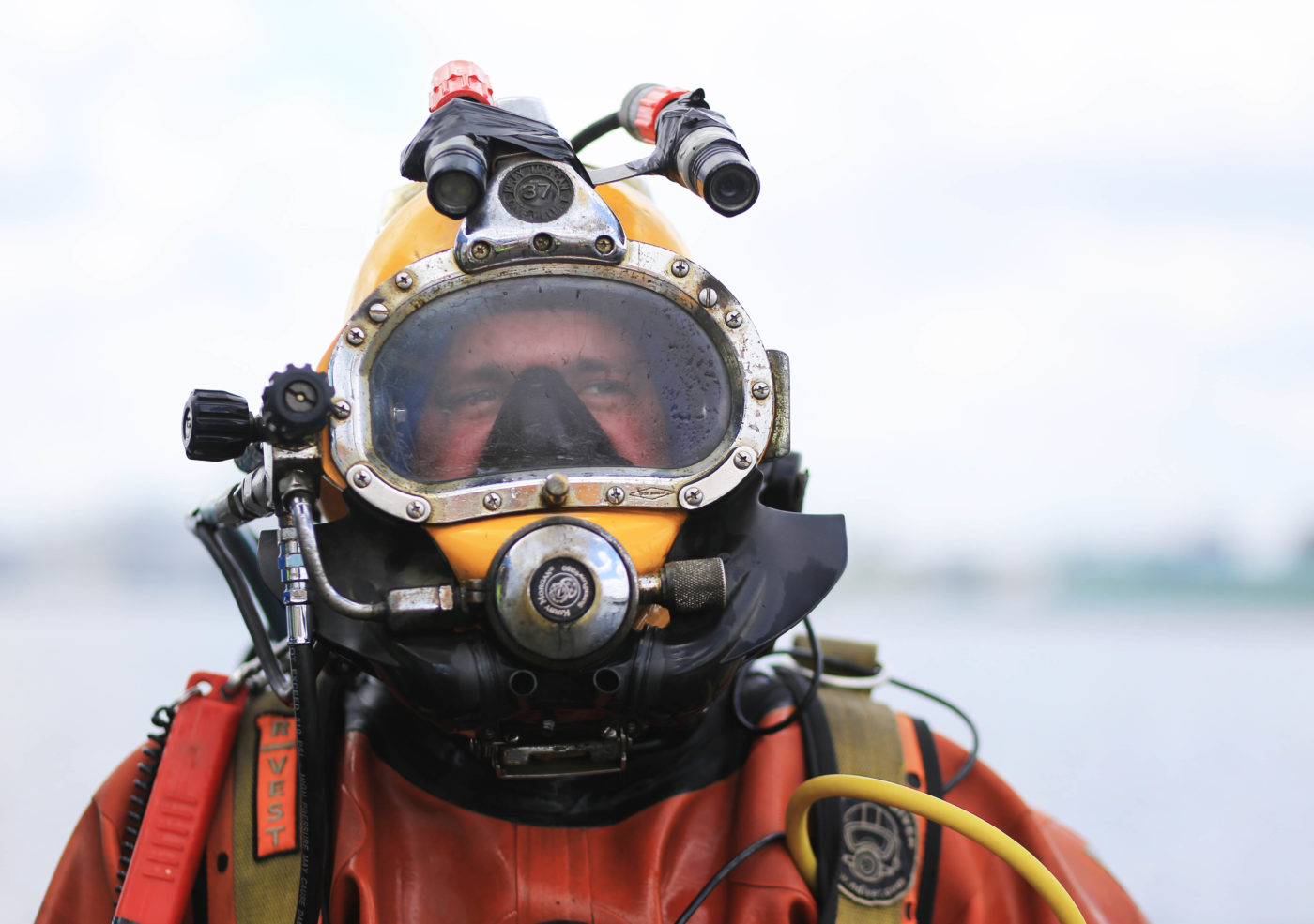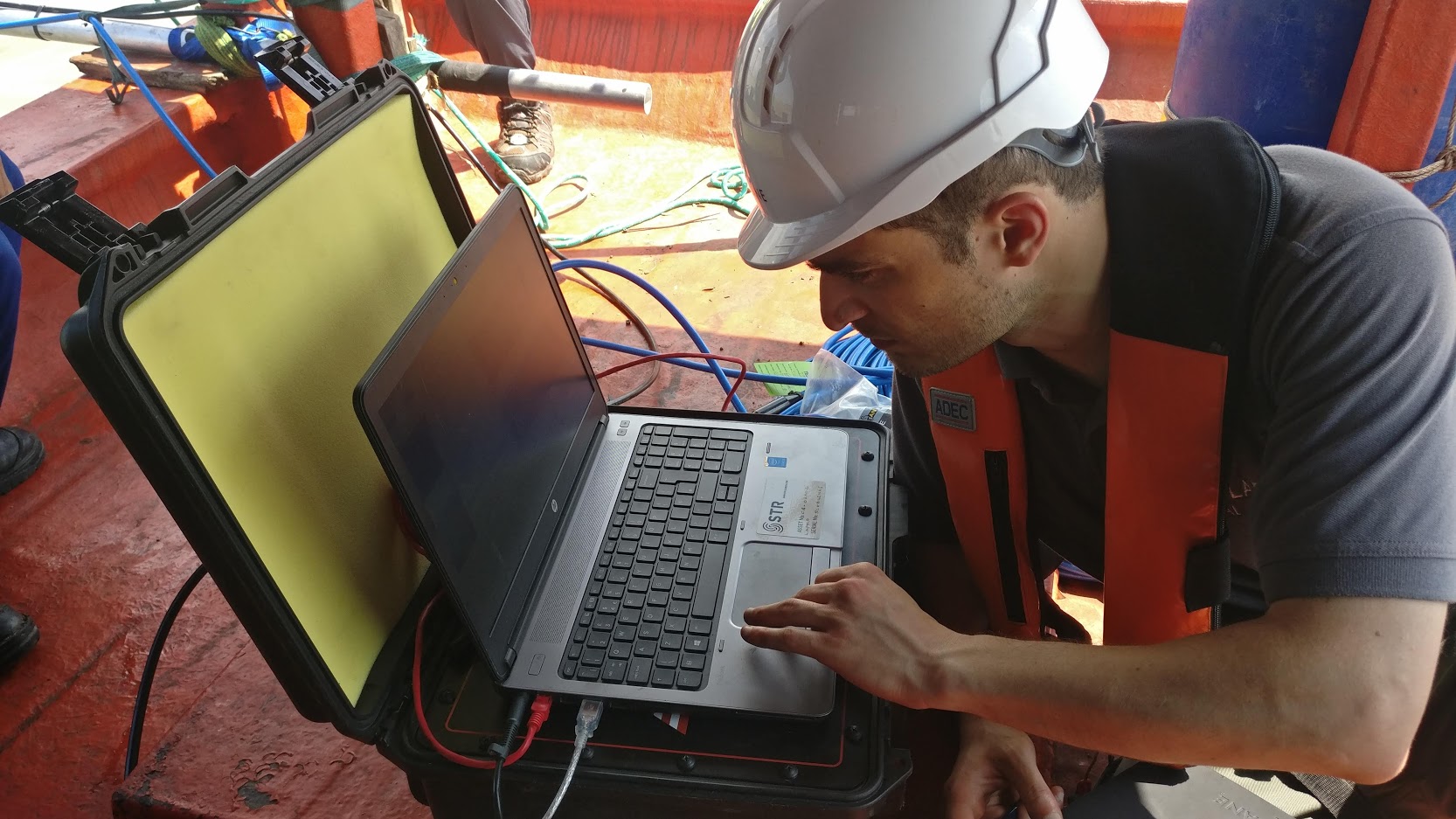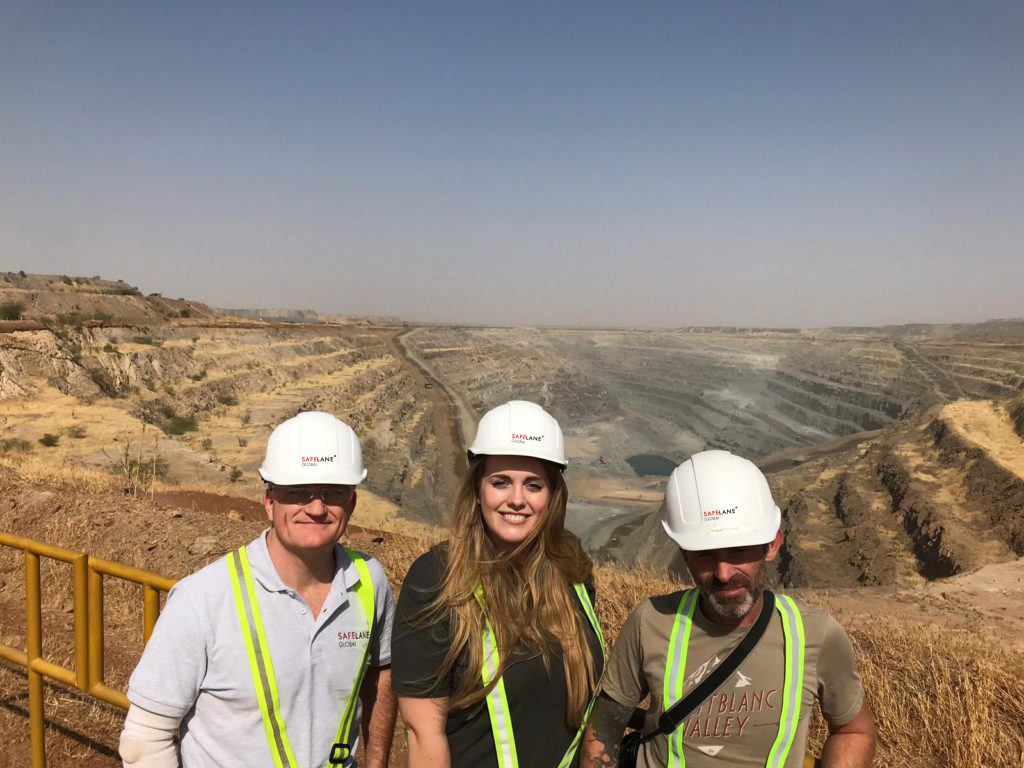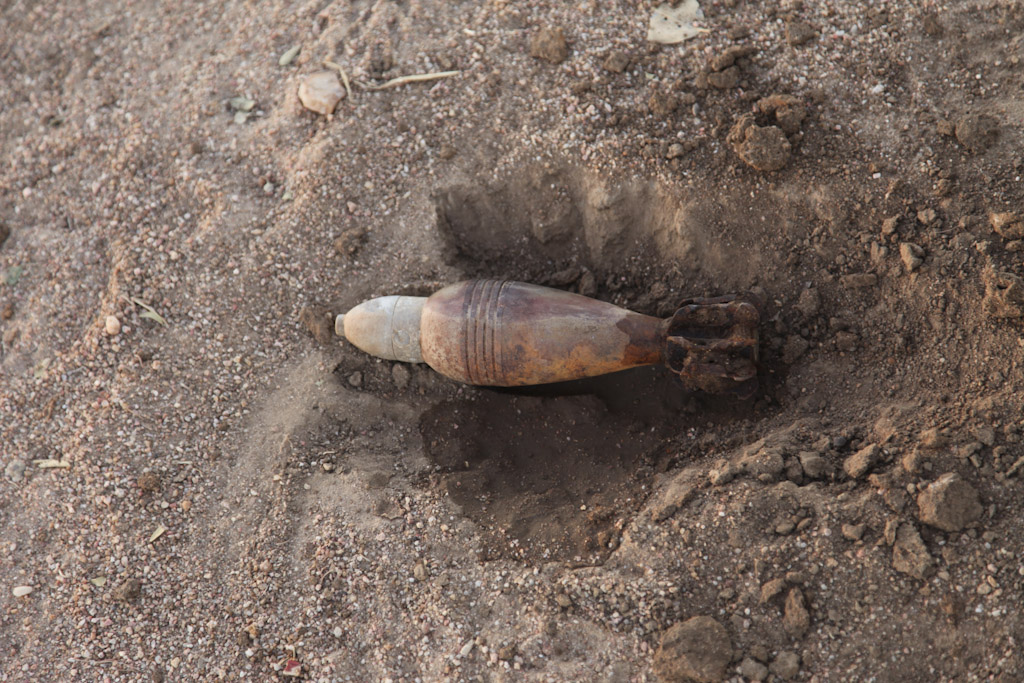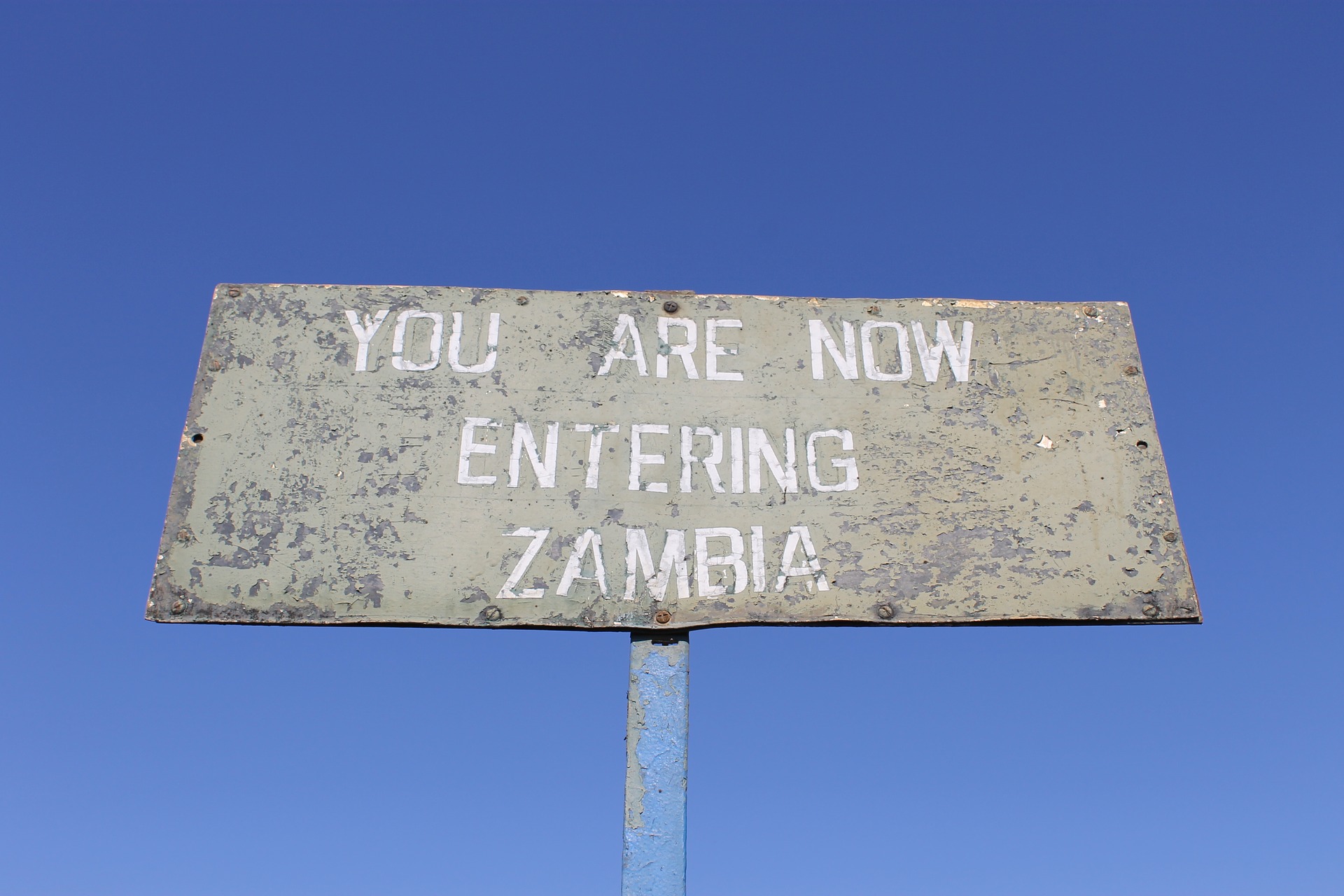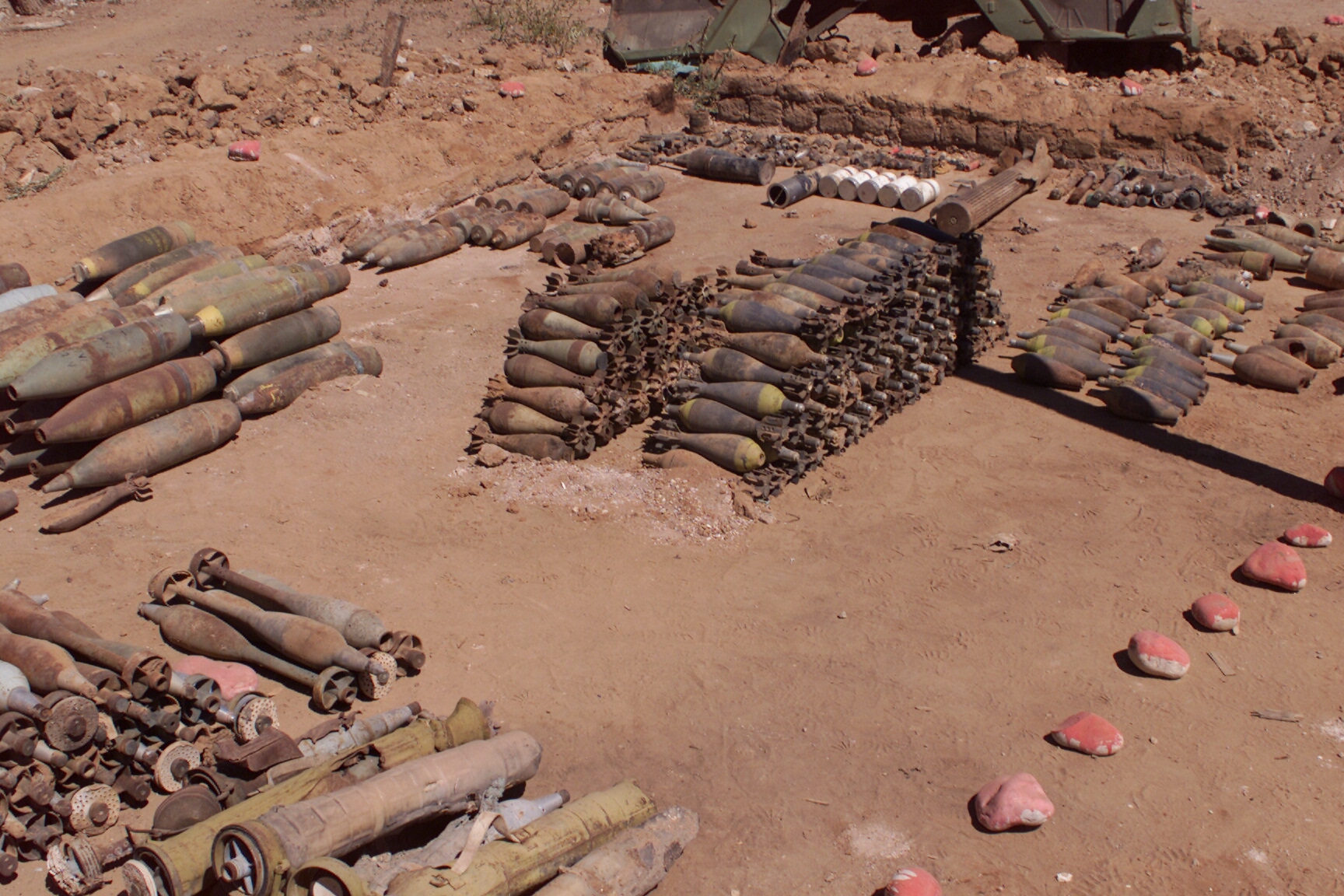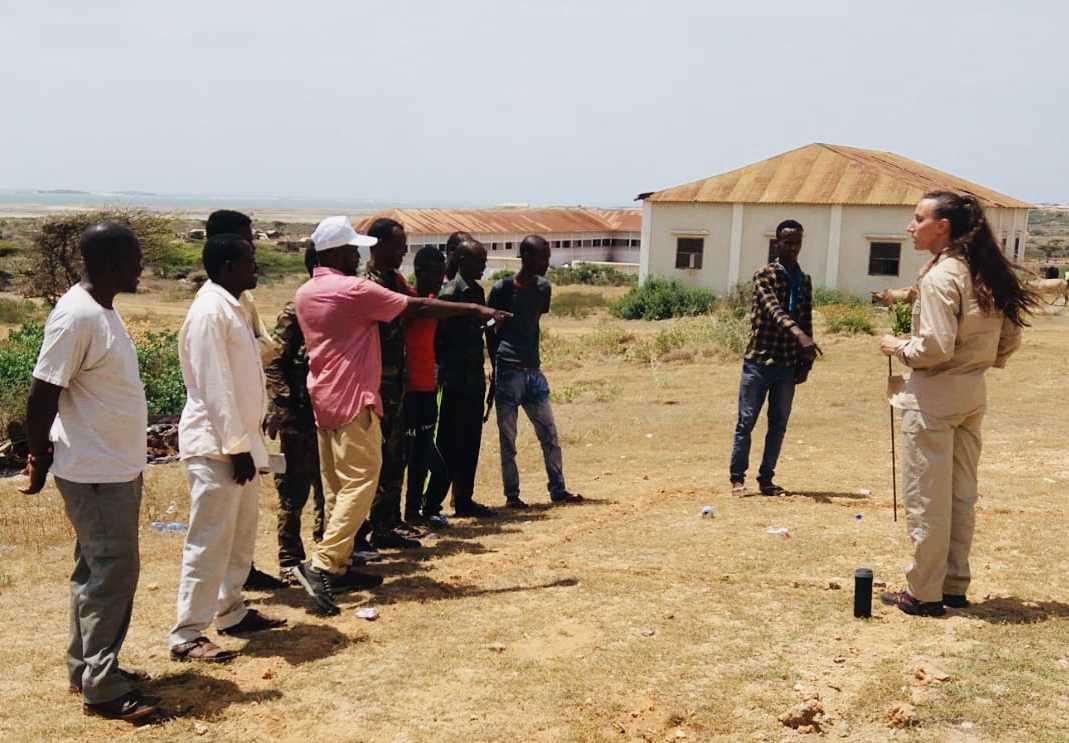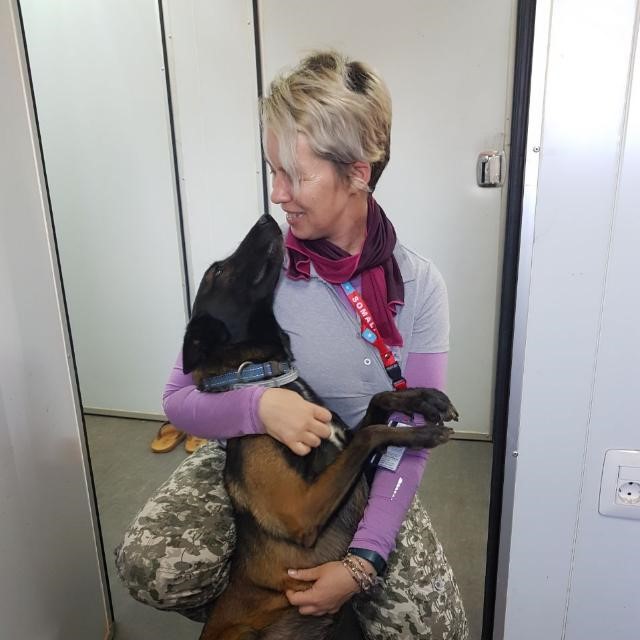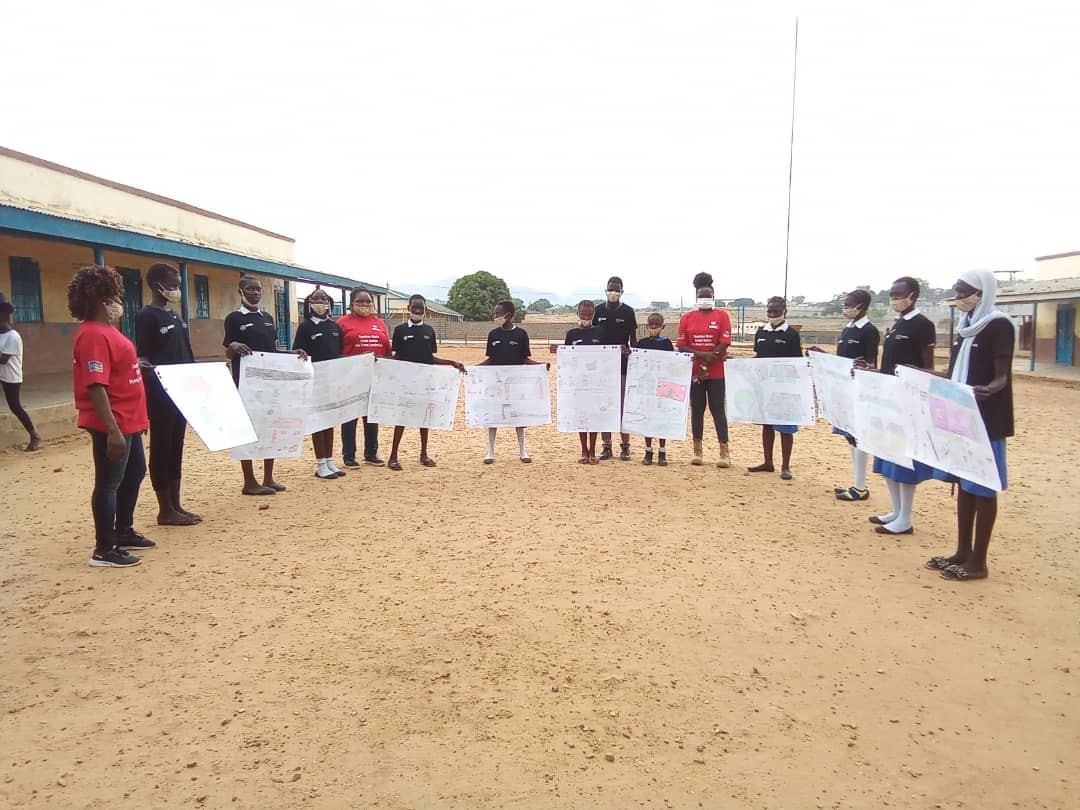
How explosive ordnance risk education keeps communities in South Sudan safe
This case study describes what EORE is, how SafeLane utilises it, how it is tailored to different audiences, and why it keeps communities in South Sudan safe.
Learn about SafeLane's operations, training and consultancy capabilities by delving into our constantly updated library of case studies.
This case study describes what EORE is, how SafeLane utilises it, how it is tailored to different audiences, and why it keeps communities in South Sudan safe.
SafeLane's proprietary marine survey services can be used for more than UXO detection - it has a wide variety of applications, such as locating and salvaging equipment.
SafeLane Global has successfully completed its unexploded ordnance (UXO) risk mitigation work in Al Mutlaa, Kuwait.
Mutha and the Death of Ham-ma Fuku is an award winning documentary by Daniel Suberviola about Mutha, one of SafeLane's amazing deminers.
Caroline’s skills equip her to train explosive threat mitigation experts in battlefield emergency & combat trauma care.
As part of our #MineActionApril, discover how Michael’s role supports explosive threat mitigation work in Somalia.
Clean, wind powered energy is a great step towards a greener future; but explosive remnants of past conflict is hindering offshore developments.
German and British SafeLane colleagues collaborated - with both manpower and technology - for clearing UXO on the site of the largest rail project in the world in Munich.
SafeLane's marine team supported Van Oord with unexploded ordnance clearance during the dredging of the Princess Channel in the Thames Estuary.
The consequences of failing to factor in unexploded ordnance (UXO) services during dredging operations can be catastrophic.
Find out how the Marine team's munitions decontamination efforts supported the construction of Disneyland Hong Kong.
SafeLane designs bespoke training services, based on the needs of the client and built on the latest standards.
SafeLane delivers medical training for field and military personnel facing threats from explosive remnants of war (EWRs) and improvised explosive devices (IEDs).
Meet Magalhaes, a SafeLane deminer working in Mozambique, clearing a path through heavy bush and risking his life to keep his community safe.
Project manager Tony Thompson describes his professional background and how he ended up as such an experienced senior manager working on field projects for SafeLane.
SafeLane's marine team conducted a non-intrusive survey using magnetometer, side scan survey and 3D (seismic) chirp sub bottom profiling for a client in Merseyside.
SafeLane recently conducted target inspections and the removal of anomalies using UXO divers for Ørsted Energy’s Race Bank offshore wind farm project.
Marine geophysicist Giacomo Cocchi takes part in the acquisition & interpretation of data for geophysical surveys including UXO surveys.
Kelly Durnan describes the exciting, varied and critical role SafeLane's international project executives play in the lifecycle of a project, drawing on her personal experience…
SafeLane Global began working in Chad in 2008 for a humanitarian client. The full compliment of mine action services were provided to complete safe clearance of over 5million…
Zambia has declared that all mined areas are now safe from mines, however explosive remnants of war may yet be found.
Since 2013 SafeLane Global has supported multiple clients in Somaliland, including those in the oil, gas and security industries.
Positively challenging gender-division of labour assumptions in Somalia: the benefits of being a professional woman working in a male-dominant environment.
Talitha is SafeLane Global's amazing general manager, in charge of the canine training facility in South Africa.
Clearing contaminated communities since inception
